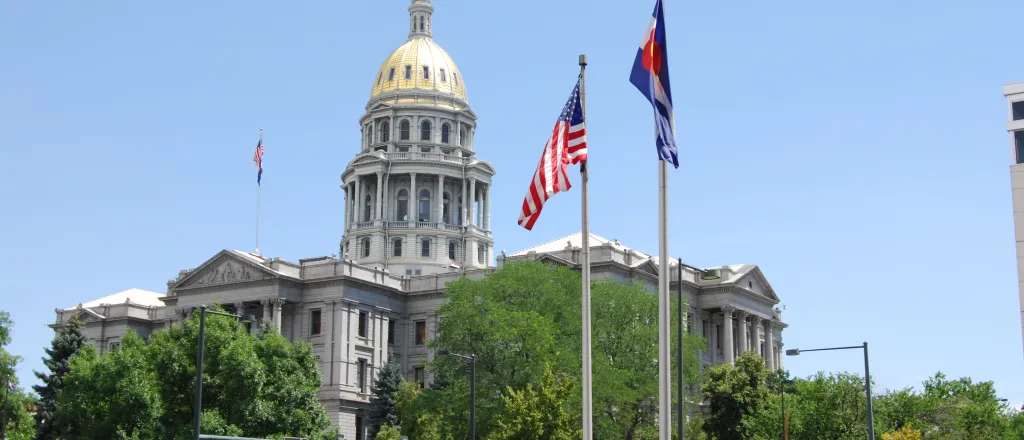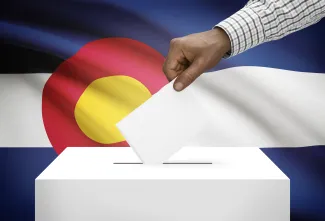
Effort to repeal new law on Colorado's open meetings takes step forward
(The Center Square) – The ability for voters to repeal a Colorado law limiting their access to legislative information took a step forward recently.
Initiative 287, approved by the state’s Ballot Title Setting Board last week, would overturn Senate Bill 24-157, signed into law by Democratic Governor Jared Polis in March. The new law allows members of Colorado’s General Assembly to discuss legislative matters via email and text messaging without public disclosure. Previously, Colorado Open Meetings Law, passed by voters in 1972, stated “formation of public policy is public business and may not be conducted in secret.”

However, the Independence Institute, the organization leading the effort, must get 124,238 signatures of registered voters to get the measure on the ballot. The number of signatures for a statewide initiative petition or a statewide referendum petition is set in the Colorado Constitution. The signature amount is at least 5 percent of the total number of votes cast for all candidates for the office of secretary of state during the previous general election.
The language or ballot title states, “Shall there be a change to the Colorado Revised Statutes repealing recently created exemptions to the Colorado Open Meetings Law on what communications between state legislators constitute a meeting and must be open to the public?”
Jon Caldara, president of the Independence Institute, said he’s confident voters would approve the repeal, but the cost of gathering the signatures is a major obstacle to getting it on the ballot.
“The issue I have is, I’m not too sure where to go to get the funding to put something on the ballot,” Caldara told the Colorado Freedom of Information Coalition. “It has become much more expensive than it ever has been. We’ve been able to get things on for as low as $400,000, and now it’s close to $1 million to get something on the ballot.”
The General Assembly was sued twice last year for alleged violations of open meetings laws. The new regulations were sponsored by Senate President Steve Fenberg, D-Boulder, House Speaker Julie McCluskie, D-Dillon, and Representative Chris deGruy Kennedy, D-Lakewood.
When Polis signed the legislation, he included a letter stating the law pertains only to the General Assembly and not the executive or judicial branches.

















